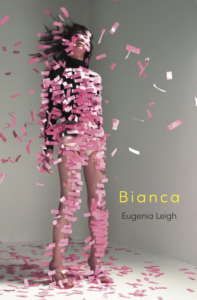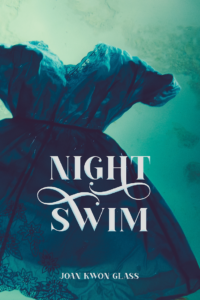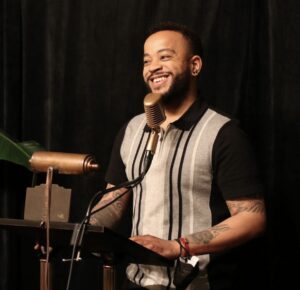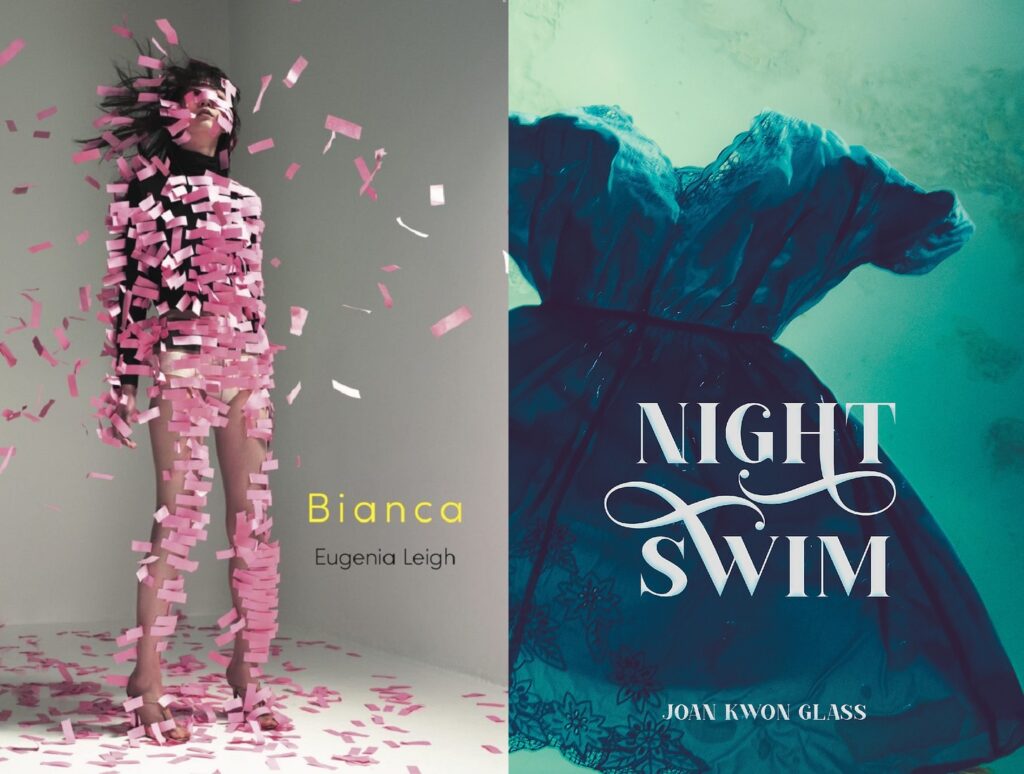From NCTE’s Standing Committee on Global Citizenship
This post was written by NCTE member Darius Phelps, who is also a member of the Standing Committee on Global Citizenship.
As committee members, we have pondered how to tackle the issue of mental health issues, grief, depression, and the power of poetry in our classrooms. Poet, educator, adjunct instructor, and Brooklyn Poets intern Darius Phelps gives a firsthand account on how he addressed trauma and healing through poetry in his classroom as a literacy professor.
Mental Health issues are what lie at the core of the sparse remains that were once known as my family. Growing up in a Southern Baptist household, we were encouraged to turn our issues over to God, and in the words of my late grandmother, the glue and matriarch of our broken household, “Pray about it and let it go.” This was something that did not work for me as a child, for I couldn’t just let things “go” and instead, they would fester up inside of me as both rage and immense sadness. When I became an early childhood educator, I made it my purpose to foster a true community where my students felt brave enough to let their emotions flow from their fingertips onto the page.
As educators, many times we are the ones who uncover and unearth the issues that lie beyond the tectonic plates our students use for their own protection. Many struggle and question lately, “How do we address these issues and gaps within our writing instruction that can be used to allow the space for authentic expression and even excavation?” This question led me to discover the work of Elizabeth Dutro and her book The Vulnerable Heart of Literacy: Centering Trauma as Powerful Pedagogy. Throughout this book, Dutro emphasizes that, “Writing stories from the ‘I’ position lays a path to building a classroom community grounded in testimony and critical witness” (pg 59). Immediately, when I think of these issues and teaching poetry, two powerful and trailblazing women come to mind with their latest collections of poetry as mentor texts:
 Bianca finds poet Eugenia Leigh with her most vulnerable, honest, reflective work. Exercising her right to heal herself through the most liberating poetic excavation, looking her demons dead in the eye, she is living proof that every soul can achieve liberation.
Bianca finds poet Eugenia Leigh with her most vulnerable, honest, reflective work. Exercising her right to heal herself through the most liberating poetic excavation, looking her demons dead in the eye, she is living proof that every soul can achieve liberation.
With Night Swim, Joan Kwon Glass marks her territory not only as a Korean American female who is very adamant about their struggles but as someone who openly embraces the darkness within herself and lets her truth be known—even when she has lost it all, it serves as a testimony that our demons do not define us.
female who is very adamant about their struggles but as someone who openly embraces the darkness within herself and lets her truth be known—even when she has lost it all, it serves as a testimony that our demons do not define us.
These women are two that I am fortunate to call my friends and whose sisterhood reminds me of the bond/brotherhood between myself and fellow poet of color Kyle Liang, all from Brooklyn Poets, rooted in genuine love, authentic truth, acceptance, understanding. Pasts tied together by our wounds but futures bonded together in emancipation and unapologetic liberation.
Our students need more open, honest, and excavating narratives told in diverse voices, like those of Joan and Eugenia, because that alone lays the foundation for a place of belonging, rooted in the familiarity of similar experiences. As minorities, we all are all just looking for a place of belonging, a place of community, a place of love (hooks, 2000).
When it comes to the classroom, Dutro poses the question, “Who is well and who is wounded?” As a veteran early childhood educator of thirteen years, I believe that sharing vulnerability and being open breaks barriers and emphasizes the importance of the power of being loved. With being open, it shows that educators are intentional in providing a brave space for students to come openly with their trauma, pain, and grief and freely be able to express themselves, unapologetically.
It is important that we as educators always recognize that there is so much more to our students than what we see. We have to be intentional about getting to know our students and understanding their environmental layers. As Dutro reminds us, “Children’s writing illustrates how loss, love, longing, belonging, fear, and comfort are, so often, wrapped up in one another as lives unfold” (p. 58). Finding solace, healing, and, most importantly, excavation within the pages of Leigh’s and Kwon-Glass’s work, I felt inspired to tell my authentic story, which is something that students and fellow people of color rarely do. If there is one thing that these two trailblazing women of color have taught me, it is that from our own ruins we can truly be reborn. We deserve to embrace and honor our origins and know that our trials and trauma does not define us and that we not only deserve a place at the table but are destined to build our own.
References
hooks, b. (2000). All about love: New visions (1st ed.). William Morrow.
Dutro, E. (2019). The vulnerable heart of literacy: Centering trauma as powerful pedagogy. Teachers College Press.

Darius Phelps is a doctoral student at Teachers College, Columbia University. He is an adjunct professor at CUNY Queens, Hunter College, and Teachers College. An educator, poet, spoken word artist, and activist, Darius writes poems about grief, liberation, emancipation, reflection through the lens of a teacher of color, and experiencing Black boy joy. His poems have appeared in NYSEC’s English Record, NCTE’s English Journal, Pearl Press magazine, and ëëN magazine’s “The 2023 Valentine Issue.” Recently, he was featured on WCBS and highlighted the importance of Black male educators in the classroom. Darius can be contacted via email.
The Standing Committee on Global Citizenship works to identify and address issues of broad concern to NCTE members interested in promoting global citizenship and connections across global contexts within the council and within members’ teaching contexts.
It is the policy of NCTE in all publications, including the Literacy & NCTE blog, to provide a forum for the open discussion of ideas concerning the content and the teaching of English and the language arts. Publicity accorded to any particular point of view does not imply endorsement by the Executive Committee, the Board of Directors, the staff, or the membership at large, except in announcements of policy, where such endorsement is clearly specified.

